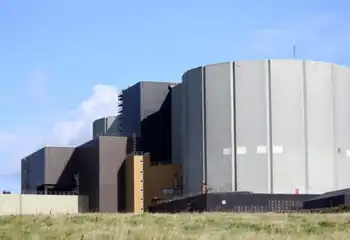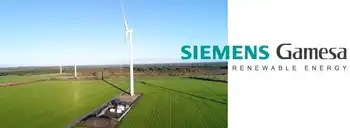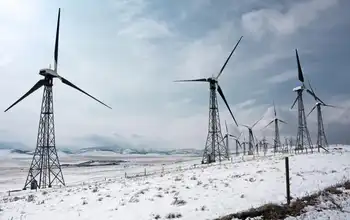Southern utilities apply for new nuclear licenses
By Reuters
Substation Relay Protection Training
Our customized live online or in‑person group training can be delivered to your staff at your location.

- Live Online
- 12 hours Instructor-led
- Group Training Available
Southern Nuclear Operating Co said it filed an application with the U.S. Nuclear Regulatory Commission for a combined construction and operating license (COL) to build two new reactors at the Vogtle Electric Generating Plant near Waynesboro, Georgia, 105 miles southwest of Columbia, South Carolina.
Vogtle is owned by Southern's largest utility, Georgia Power, and three public power agencies: Oglethorpe Power Corp, the Municipal Electric Authority of Georgia and Dalton Utilities.
SCANA's South Carolina Electric & Gas Co (SCE&G) unit and Santee Cooper, a state-owned utility, filed a COL application for a license for up to two reactors at the Summer Nuclear Station in Jenkinsville, 25 miles northwest of Columbia.
The filings were the eight and ninth applications submitted to the NRC after a three-decade lapse in U.S. nuclear construction. The NRC's review will take three to four years. By 2010, the agency expects to receive as many as 22 COL applications for 33 new reactors.
Utilities are pursuing new nuclear generation to take advantage of financial incentives included in the Energy Policy Act of 2005 and growing concern about carbon-dioxide emissions, blamed for climate change.
Southern and SCANA indicated they will use Toshiba Corp's Westinghouse AP1000 technology. The NRC certified the AP1000 design after nearly 20 years of analysis, Southern said.
Each AP 1000 reactor can generate about 1,100 megawatts. One megawatt supplies about 500 homes in the South.
Neither Southern nor SCANA gave a price estimate for their proposals. However, other utilities have estimated the cost of adding two new AP1000 reactors at $12 billion to $14 billion in filings with state regulators in Florida.
"We expect demand for electricity in the Southeast, specifically in Georgia, to increase significantly by 2015 and beyond," said Southern Nuclear president Barnie Beasley, who is expected to retire later this year.
In addition to NRC licenses, the utilities need numerous other regulatory approvals before deciding whether to move ahead.
Georgia Power is also soliciting bids for power needed by 2016-2017 through the Georgia Public Service Commission.
Earlier this year, SCE&G said it delayed its NRC filing while studying other generation options due to skyrocketing costs for projects requiring large amounts of steel and concrete, major components of nuclear plants.
The South Carolina utilities also said nuclear power is needed to supply growing demand and meet more stringent emission regulation. "We're confident that new nuclear is the right decision for South Carolina," said Kevin Marsh, SCE&G president, in a statement.











